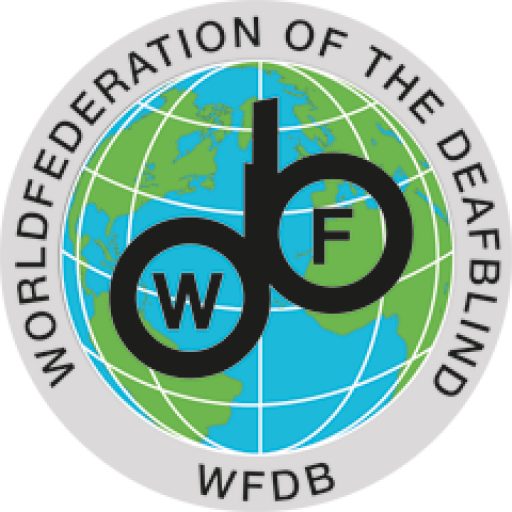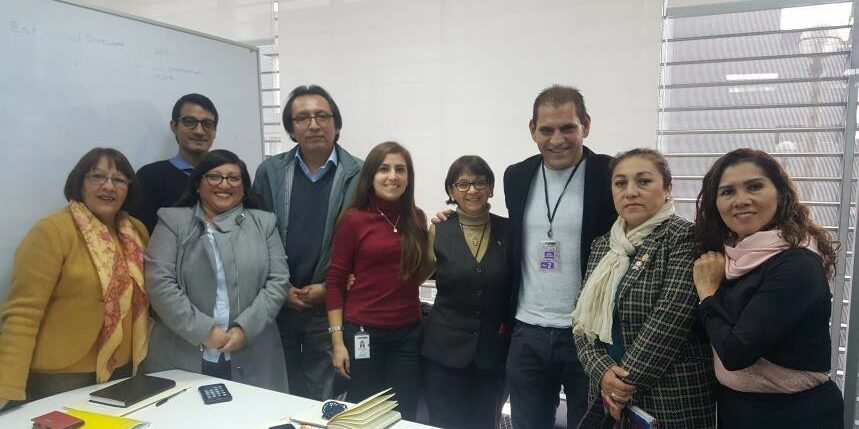From laws to enforceable regulation, the long advocacy road towards recognition and the development of interpreter-guide service.
Sense International, Peru
In 2010, the Peruvian authorities passed two key laws. Law 29524 recognised deafblindness as a unique disability and Law 29535 recognised Peruvian sign language. The laws had different fortunes: while Law 29524 was regulated the following year with the Supreme Decree 006-2011-MIMDES, the second piece of legislation was only regulated recently, as part of Supreme Decree 006-2017-MIMP.
Both laws and their regulations mandate the Ministry of Education to approve complementary provisions on the requirements and profile of interpreter-guides and sign language interpreters.
However, the Ministry of Education failed to take immediate action, and so Sense International Peru designed and implemented a training programme for interpreter-guides in 2011. The programme sought to create good practice and tangible evidence that would help the Peruvian authorities to regulate, adopt and scale the service.
Subsequently, in 2012, coordinated efforts were undertaken between the Directorate of Special Education of the Ministry of Education to prepare the profile and requirements of the interpreter-guide; however, the proposals developed were never approved.
In parallel, Sense International Peru worked with CONADIS to create a register of interpreters and interpreter-guides. This was achieved through the approval of the Resolution of the Presidency 020-2017-CONADIS/PRE. This registers interpreters and interpreter-guides accredited by the Ministry of Education.
At the beginning of 2017, the Ministry of Education had still not approved the complementary provisions for interpreter-guides mandated by law. Sense International Peru once again recalled the Ministry’s legal obligation to approve these requirements and suggested the creation of a working group to develop a proposal. In October 2017, the Direction of Special Education of the Ministry of Education convened the Civil Society Organisations (CSO) to two round table working groups to develop the requirements and profiles of interpreters and interpreter-guides. By the end of December, both groups had developed concrete proposals for approval.
However, continuous changes of Ministers of Education and Directors of Special Education have delayed the process. For this reason, in early 2018, Sense International Peru supported the creation of a formal Sectoral Commission, which included all of the Directorates of the Ministry of Education, with the purpose of creating a formative proposal for interpreters and interpreter-guides.
On April 2018, the Ministerial Resolution 144-2018-MINEDU was approved, making the Sectoral Commission responsible for formulating a training proposal for interpreters and interpreter-guides. The Commission was given a deadline of 180 days to submit a proposal to the Minister of Education, who must approve it.
Such difficult and slow translation of legislative gains and achievements is all too common across countries. It highlights the importance of the strong and continuous mobilisation of persons with deafblindness and their allies in order to successfully develop practice, conduct legal advocacy and engage with authorities.

